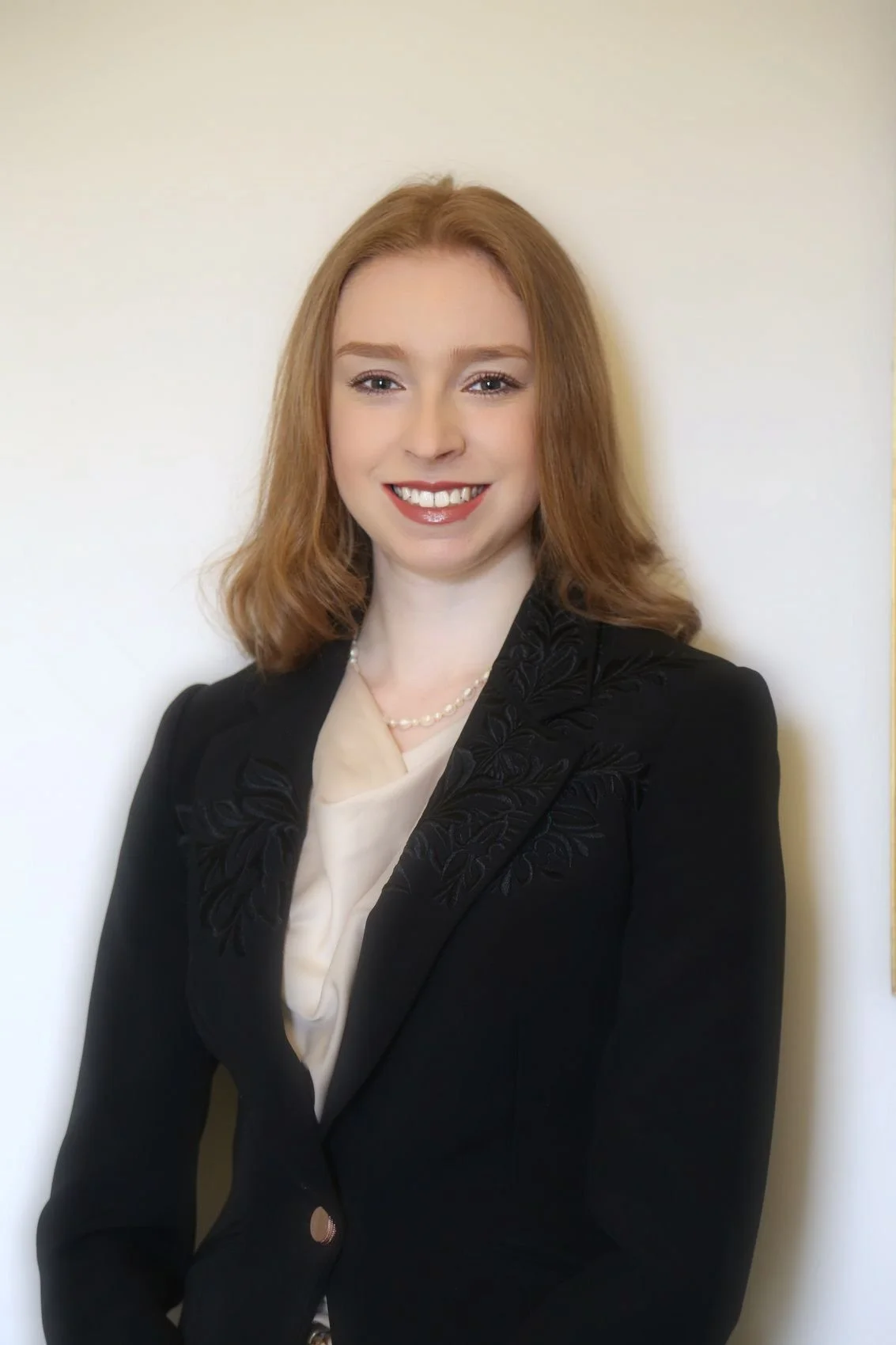My Own Country House Weekend
Caroline McWilliams is a third year PhD researcher at the University of St Andrews. After studying for an MA (Hons) in English and Modern History, and an MLitt in Modern History, her PhD focuses on the influence, or perceived influence, of elite women in the interwar years.
Arguably, the interwar years were the heyday of the country house as with the advent of the motorcar, they became increasingly easy to reach, facilitating quick escapes from the city, even for those who worked throughout the week (1). The motorcar was to the twentieth century what the train had been to the nineteenth. Due to the reduced time it took to reach country houses, invitations for the weekend abounded, providing the perfect opportunities for people to meet and mix in situations that were often more relaxed than in the chaos of London. Country house weekends were presided over by hostesses, many of whom carefully curated their guest lists to perfection and aimed to introduce various acquaintances or engineer resolutions.
While the phrase ‘country house weekend’ has become common parlance, few of those attending at the beginning of the era would ever have referred to them as such. One of the earliest references to a “week-end” was made in Notes and Queries, at the end of the nineteenth century, by one contributor who wrote, ‘if a person leaves home at the end of the week’s work to spend the evening of Saturday and the following Sunday with friends at a distance, he is said to be spending his week-end at So-and-so.’ (2). Hostesses would arrange all sorts of delights to keep their guests occupied, ranging from riding and fishing to tennis and golf. Jigsaws, tours of the local area or exploring the host’s library were also popular pastimes. The key was to ‘keep people amused without making them feel too organised.’ (3). The highlights of the days were meals, where the whole party would come together, and dinner could be followed by dancing to the gramophone, card games or playing the piano.
In September this year I was invited to attend the Angus Ball at Glamis Castle and to stay for the weekend at a neighbouring castle owned by friends. Due to the death of HM The Queen, the ball was naturally cancelled, but with travel plans booked, several of us headed to Aberdeenshire anyway. Thus began my own little country house weekend. We enjoyed long walks in the gardens and on the estate, ate beautiful meals cooked from locally grown produce and played billiards in the evenings. There were plenty of hidden passages and an array of staircases to fascinate me and I spent more time than usual in the bath, seeing as it was an antique stand-alone bath in a turret. However, the most entrancing aspect of the weekend came at the very end. Just before we left to catch planes and trains, our host brought out the guestbook and we all signed. I spend quite a bit of my time on archival visits pouring over guestbooks from the 1920s and 1930s and to sign one was the cherry on the cake. These books are living history, confirming where people were on individual dates and inspiring further avenues for research. I couldn’t help but flick through the previous pages and wonder who might sign this book in the future. The chance to live little pieces of my research is a privilege and one of the best insights there can be.
1 Clive Aslet, The Last Country Houses (London: Book Club Associates 1982). p. 3
2 Notes and Queries, 5th Series, vol. 12 (Oxford: Oxford University Press). p. 428
3 The Country House Remembered, ed. Merlin Waterson (London: Routledge & Kegan Paul, 1985). p. 69

